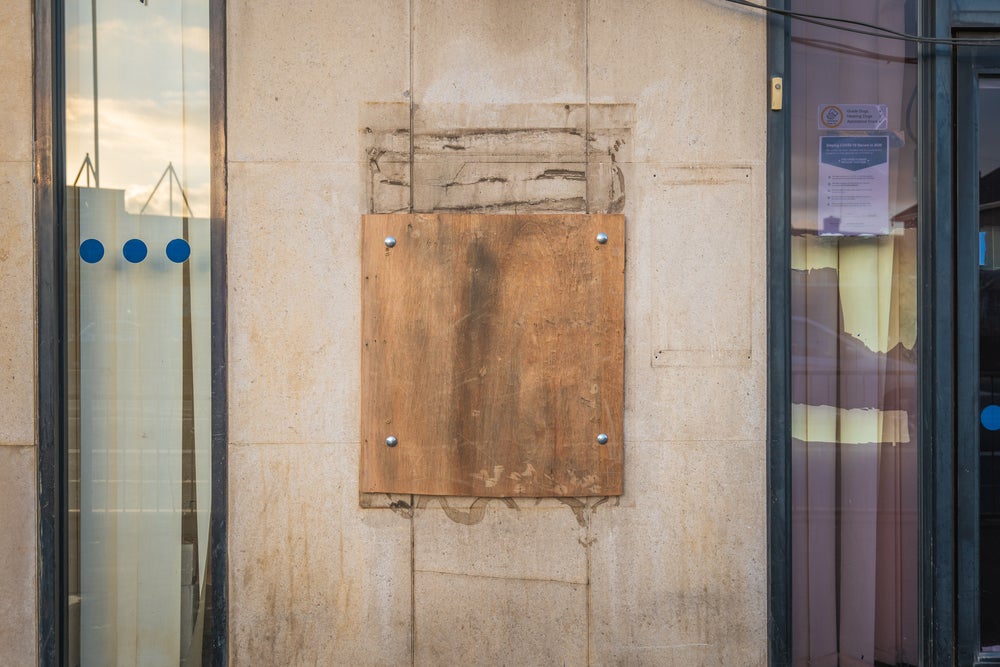The starting pistol for the UK General Election race has been fired with 4 July set as the date the UK electorate decides on a new national government. There will be a lot of issues and policies debated across the next six weeks. How much will the political parties discuss the decline in in-person access to cash and financial services?
The answer is it has the potential to be a major political issue in all parts of the country. This was supported by last week’s Which report on bank branch closures which found 30 parliamentary constituencies would be branchless by the end of 2024.
Some might argue this is inevitable as the UK becomes a cashless society. Indeed, headlines this week suggested UK customers, many of whom will be voting on July 4th, are resigned to this outcome based on new research from Link, the UK ATM operator. Again, this research is plugged into the current election agenda as it looks back the Access to Cash Review in 2019 which was the year of the last General Election.
However, when you dig into the data from Link the picture of what people think and want is rather different.
Are we going towards a real cashless society?
More than half of people surveyed by Link don’t expect a cashless society in their lifetime and 85% said they carried cash at least some of the time and 71% did so daily. Over five years, there has been a change, but it is not as extreme as you might expect. For example, the number of people carrying cash has reduced by 11% and only 7% more have formed the view that there will be a cashless society.
Link does expect change and talks about a low cash society developing. They also say new legislation should protect access to cash and there needs to be more pressure to ensure the best goods and services are available to the cash reliant.
How well do you really know your competitors?
Access the most comprehensive Company Profiles on the market, powered by GlobalData. Save hours of research. Gain competitive edge.

Thank you!
Your download email will arrive shortly
Not ready to buy yet? Download a free sample
We are confident about the unique quality of our Company Profiles. However, we want you to make the most beneficial decision for your business, so we offer a free sample that you can download by submitting the below form
By GlobalDataThis is all very good but there is a risk of complacency slipping in. Those new laws and codes of practice are only helpful if they are enforced firmly and consistently by the FCA and others. There are also loopholes that favour banks and don’t do enough to protect access to quality financial services.
How can banks preserve in-personal financial services?
The mindset that we need to see amongst the political class and financial service providers is that a cashless society is not inevitable or desirable. Quite simply the loss of services from branch or ATM closures does not need to be the case despite how some banks say changes in consumer behaviour mean it is uneconomic to keep branches open. The reality is that new generations of digital self-service teller software and hardware can bring down the operating costs of running a branch while enhancing services.
Remodelled branches can deploy staff to advisory work and support. While at least one major UK banking brand remains committed to the role of the branch, others do seem to be unambitious about reimagining their in-person services and walking away from their role in communities of all sizes.
Sadly, the alternative offered by the Post Office Banking Hubs is being rolled out much too slowly to make much of a difference and when operational is a pale imitation of a bank branch where you knew you could talk to your bank’s banking professional when you needed to.
There are alternative methods for delivering modern access to cash services that should also be considered. It may be uncomfortable for some UK politicians to look to Europe for ideas, but we should be seriously considering how Belgium’s biggest banks are pooling how they invest and grow their ATM network through a single joint venture called Batopin. This is seeing modern ATMs located where customers want access to cash to be closer to their homes, work and when they travel.
While there are bigger issues in the General Election, let’s hope that we see candidates evaluated on how much they will support positive initiatives to preserve and enhance in-person financial services in our communities alongside their mobile and digital services.
Mark Aldred, retail banking expert, Auriga








Related Company Profiles
LinkedIn Corp
Post Office Ltd